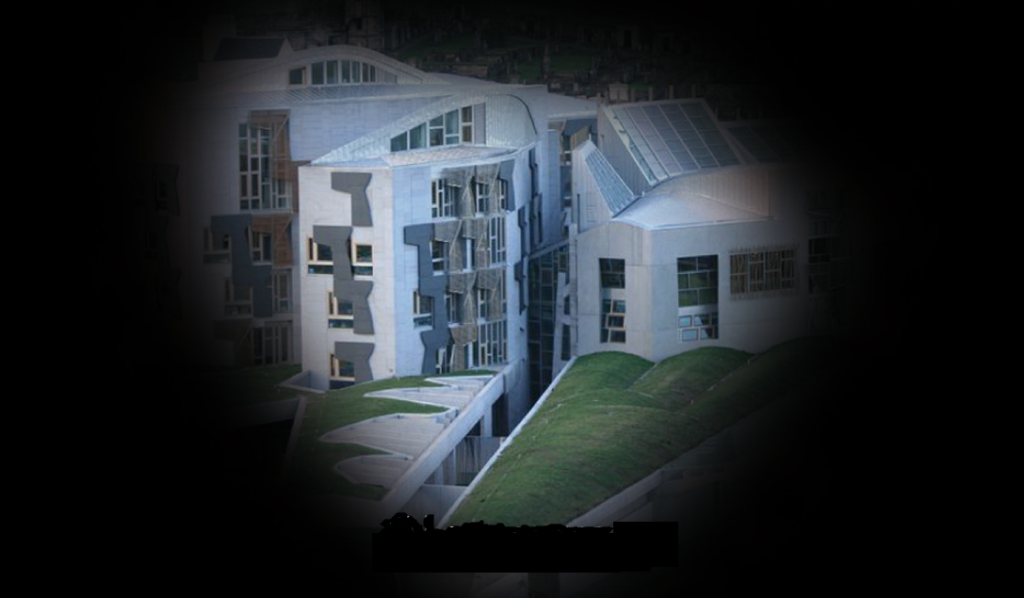
As the covid crisis hopefully eases, concerns are being focused on the impact of lockdown on other health conditions. With health centres forced to postpone routine screenings last year, there are fears some conditions may have worsened in the absence of early diagnosis and treatment.
During Diabetes Week this week [June 14-20th], the national sight loss charity RNIB Scotland is emphasising it is more important than ever that people with diabetes attend their regular check-up appointments, now that these have resumed.

RNIB director James Adams said: “Diabetic retinopathy, a complication of diabetes, can affect the small blood vessels at the back of the eye and is a major cause of sight loss among working-age adults. But damage to vision can be arrested if detected early enough.
“While it’s possible that diabetes won’t cause any changes to your sight, the most effective thing you can do to prevent this is to go to your retinal screening appointments and eye examinations, where safety measures are in place.”

The message is also being emphasised by NHS Scotland. Dr Mike Gavin, clinical lead for the national Scottish Diabetic Eye Screening Programme said: “We are working hard to see patients for screening, after the service was temporarily paused during the first lockdown in 2020. Patients should always attend screening whenever they are invited to prevent avoidable loss of sight.”
Each year, 5,500 patients with diabetes in Scotland need to undergo further imaging or see an NHS eye specialist for the first time due to worsening in their retinopathy.
There are 3.5 million people in the UK who have been diagnosed diabetes, and an estimated 500,000 people living with undiagnosed diabetes. Within 20 years of diagnosis, nearly all people with type 1 diabetes and almost two-thirds of people with type 2 diabetes will have developed some form of diabetic retinopathy. People with diabetes are also at increased risk of glaucoma and cataracts.
People from a South Asian or African-Caribbean background are two to four times more likely to get type 2 diabetes. They tend to develop it at a younger age which means they live with the condition for longer.
The risk of complications increases with the length of time people have the condition. It is not known why this is the case, but it is likely to be a mixture of genetics, lifestyle, and environmental factors.
RNIB Scotland is on the steering committee of a five-year study that is following 1,100 retinopathy patients from across Scotland.
The LENS (Lowering Events in Non-proliferative retinopathy in Scotland) trial is testing whether a cholesterol-lowering medicine, fenofibrate, can slow the progression of retinopathy.
LENS is being co-ordinated by the Universities of Oxford and Glasgow in partnership with Aberdeen, Dundee and Edinburgh, and with NHS Scotland’s Retinal Screening Service. More information about the trial is available at: www.ctsu.ox.ac.uk/lens.
* If you’re worried about your vision, contact RNIB’s Sight Loss Advice Service on 0303 123 9999 or visit www.rnib.org.uk/eyehealth.
For more information on the NHS Scotland eye-screening service, visit https://www.nhsinform.scot/illnesses-and-conditions/diabetes/diabetic-retinopathy.










